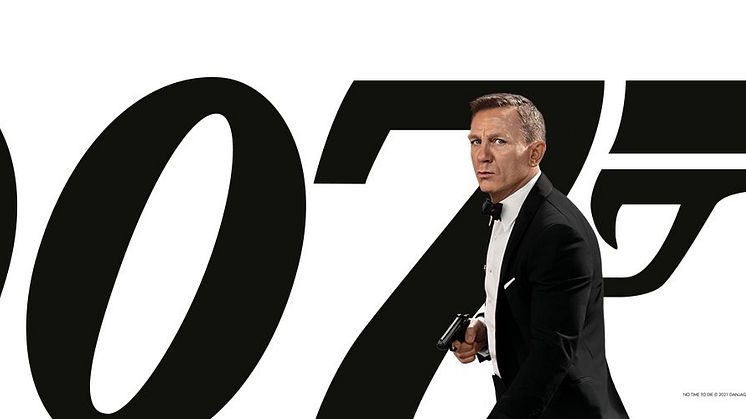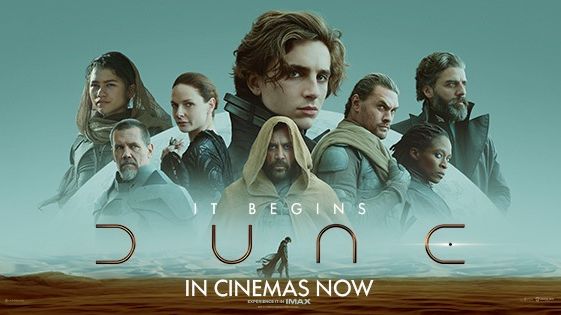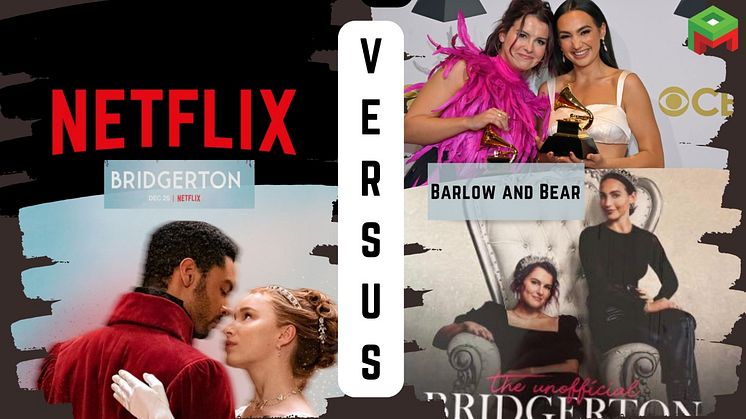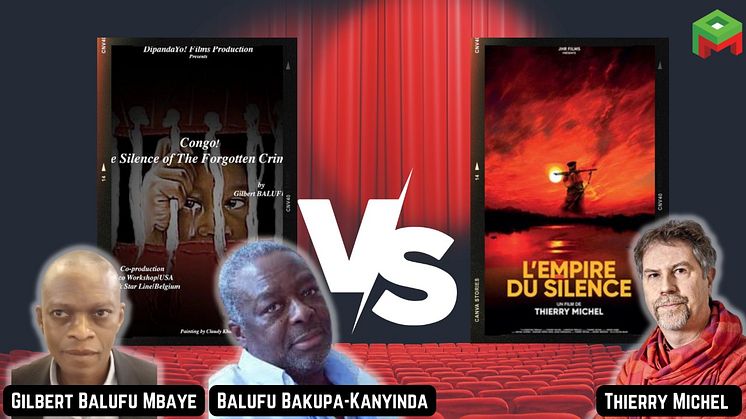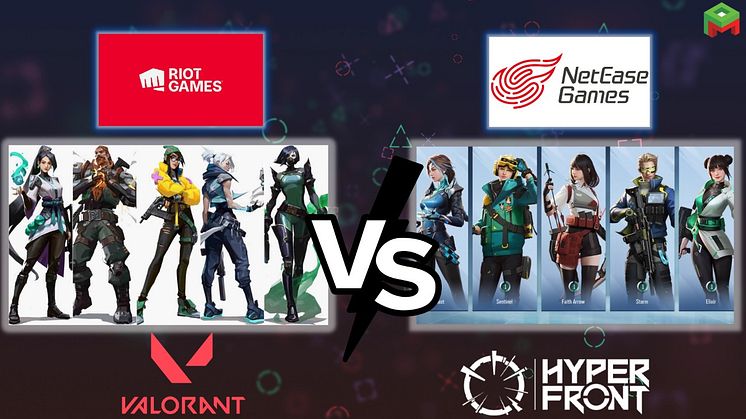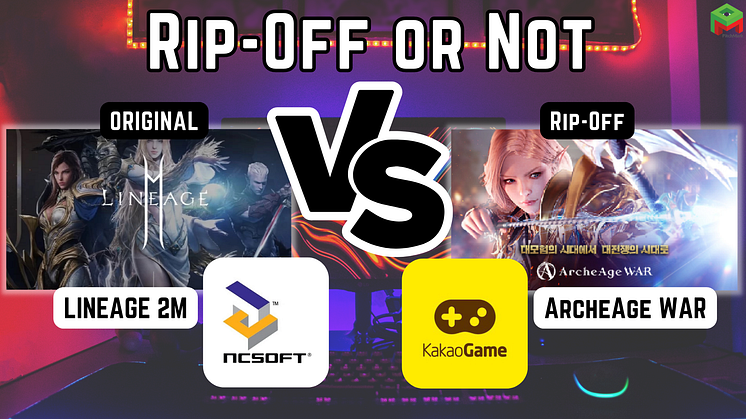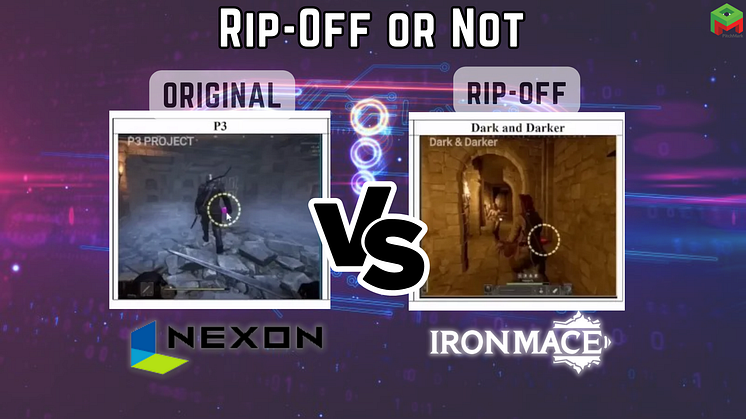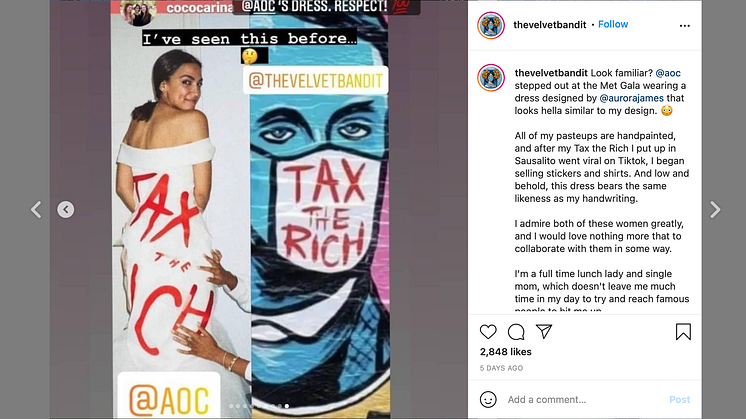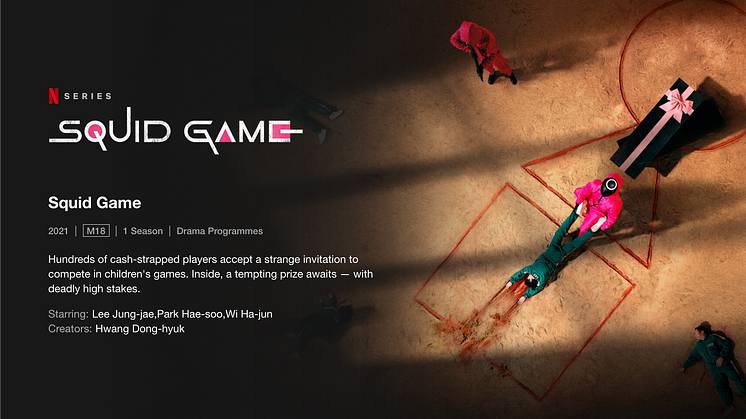
News -
Creator of Netflix sensation Squid Game accused of plagiarism
The latest viral sensation from streaming platform Netflix is South Korean series Squid Game, and it has taken the world by storm. A mere 11 days after the show was released on September 17, Netflix co-CEO Ted Sarandos went on the record about its blockbuster numbers, stating that it had become the platform’s biggest non-English language show in the world, and could very well turn out to be Netflix’s biggest show ever.
But it hasn’t been all good press for the series, which centres on a group of desperate individuals taking part in deadly games for prize money.
Squid Game creator and director Hwang Dong-hyuk has been accused of plagiarising As The Gods Will, a 2014 Japanese movie. Besides sharing similar plots, Squid Game also features some scenes and shots that bear a striking resemblance to that movie. This has not escaped the notice of many netizens.
Hwang has responded to the controversy by pointing out that he started planning Squid Game in 2008, and writing it in 2009, well before the release of As The Gods Will. He also said he got the first spark of inspiration for this series from a manga comic book, but has not named the manga.
Some speculate he could be talking about Gantz, Di[e]ce, or Future Diary. And there are plenty of other pop culture creations that place their protagonists in the midst of games with lethal consequences, most notably The Hunger Games books and film adaptations that rolled out a few years ago, which were also compared to the 2000 Japanese movie Battle Royale.
If you want to go even further back in time, there is reality show Survivor and all the imitations that franchise has spawned since its 2000 debut, the Stephen King 1982 novel The Running Man (which was also adapted into a movie), and even William Golding's 1954 novel Lord Of The Flies. As the Daily Mail points out, the recent Oscar-winning film Parasite also explored the theme of extreme social inequalities much like Squid Game does.
So, what to make of this? Well, for starters, while dystopian examinations of the chasm between the haves and have-nots certainly aren't new, this has been a very dominant theme in the 21st century, perhaps reflecting real-world anxieties over widening economic gaps.
More pertinently, for the purposes of this IP-focused platform, there is a line between taking inspiration from something and plagiarism, and it can be a very clear line. Certified documentation of the creation process (a service which PitchMark provides) is a crucial step in protecting a creator’s intellectual property. When the timeline of your ideas and their development can be clearly tracked, it becomes much easier to prove ownership and disprove accusations of copying. Without such documentation, creatives may well find navigating the commercial landscape to be a lethal game to play.
PitchMark helps innovators deter idea theft, so that clients get the idea but not take it. To find more about our services, visit PitchMark.net and register for free as a PitchMark member today.

